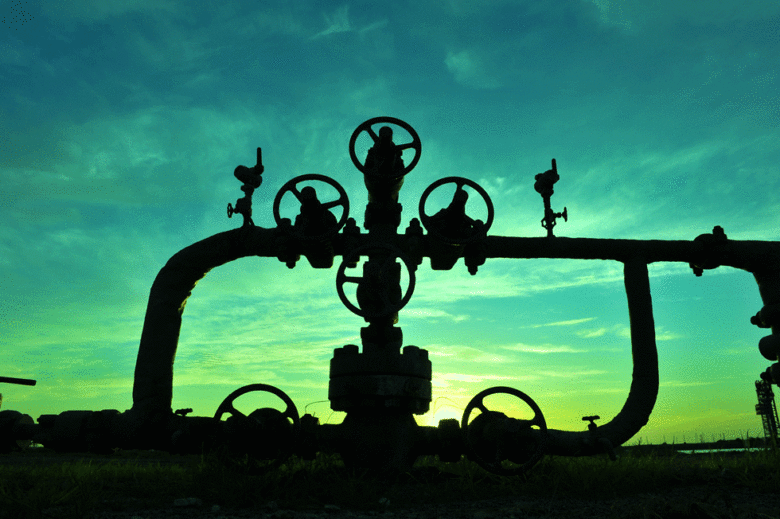

Commercial bids have been submitted for a desalter train project and a gas sweetening facility project in Kuwait, according to industry sources.
The desalter train contract is estimated to be worth $250m and the gas sweetening facililty $300m.
The tender closing date for both projects was 3 June.
“After several delays the bids for both projects have now finally been submitted,” says one industry source.
Previous deadlines given to contractors for the desalter project include 20 May, 17 April and 1 April.
Six international contractors attended the pre-tender meeting on 14 January to discuss the planned desalter train. They were:
- SK E&C (South Korea)
- Saipem (Italy)
- Petrofac (UK)
- L&T (India)
- SNC-Lavalin (Canada)
- Samsung Engineering (South Korea)
KOC is planning to install the desalter train in four separate portions at the gathering centres known as GC-09, GC-10, GC-19 and GC-21.
The contract uses the engineering, procurement and construction (EPC) model.
Desalter units remove salts including calcium, sodium and magnesium chloride that are dissolved in the water mixed with crude oil.
If these compounds are not removed from the oil, they can cause problems during the refining process, including the formation of corrosive hydrochloric acid and deposits that block heat exchangers.
The gas sweetening facility was also subject to repeated delays before bids were finally submitted.
A pre-tender meeting for the project on 22 January was attended by the following ten companies:
- Samsung Engineering (South Korea)
- Saipem (Italy)
- SK E&C (South Korea)
- Tecnicas Reunidas (Spain)
- SNC-Lavalin (Canada)
- China Petroleum Engineering and Construction Corporation (CPECC)
- Petrofac International (UK-based)
- Spetco (local)
- Entrepose Contracting (France)
Eight of the companies attended a subsequent site visit. Entrepose Contracting and SNC-Lavalin attended the meeting but did not attend the site visit.
A total of 29 companies are prequalified to bid for the contract, which consists of two portions: the gas facility itself and a sulphur recovery unit (SRU).
Although the two portions are being tendered under a single contract, they use different project financing models. The gas sweetening facility is being built using the EPC model, while the SRU is being built using the build own operate (BOO) model.
According to the scope of work, the facility will be built to deliver 120 million standard cubic feet a day (MSCFD) of sweet gas using sour gas streams from upstream processing units with a varied hydrogen sulphide concentration of 4 per cent (mole) and carbon dioxide of 10 per cent (mole).
The facility will be installed at Booster Station BS-171 West Kuwait and built as an amine solvent-based gas treating unit.
Amine gas treating, also known as amine scrubbing, refers to a group of processes that use aqueous solutions of various alkylamines (commonly referred to simply as amines) to remove the acid gases and other toxic contaminants from raw sour gas streams.
The facility will consist of two identical gas processing trains, each with a capacity of 60 million stand cubic feet a day (SCFD).
The facility will be fed by raw sour gas contaminated with heavy hydrocarbons, suspended solids (in the form of black powder), salt water, compressor lube oils and pipeline treating chemicals. This will be cooled to a lower temperature to remove hydrocarbon liquids and then passed through a suitable pre-treatment system. The gas sweetening facility will be designed for zero flaring.
KOC has stipulated that the winner of the contract will be required to develop a gas dispersion flaring model based on simulation results, capacity and tum-down, using a quantitative reliability assessment. The SRU will consist of two separate trains.
According to the scope released by KOC, the contractor will be required to provide tie-in facilities for the two SRU trains. They will also be responsible for the procurement, supply, installation, construction, testing, pre-commissioning, commissioning and performance testing of the SRU and associated piping.
Each train will have the capacity to handle 100 metric tons a-day of molten sulphur.
You might also like...

Morocco seeks firms for 400MW wind schemes
26 April 2024

Countries sign Iraq to Europe road agreement
26 April 2024

Jubail 4 and 6 bidders get more time
26 April 2024

Amiral cogen eyes financial close
26 April 2024
A MEED Subscription...
Subscribe or upgrade your current MEED.com package to support your strategic planning with the MENA region’s best source of business information. Proceed to our online shop below to find out more about the features in each package.




